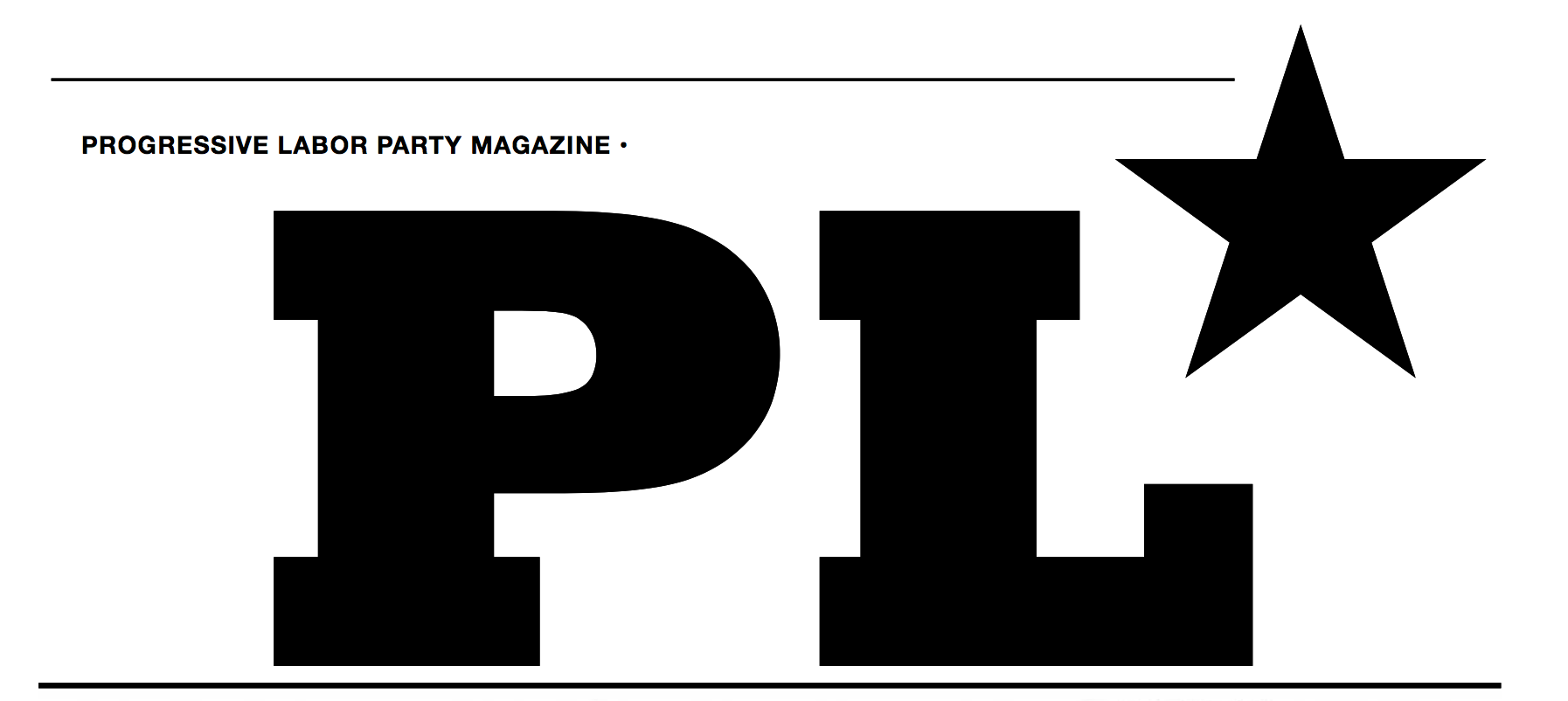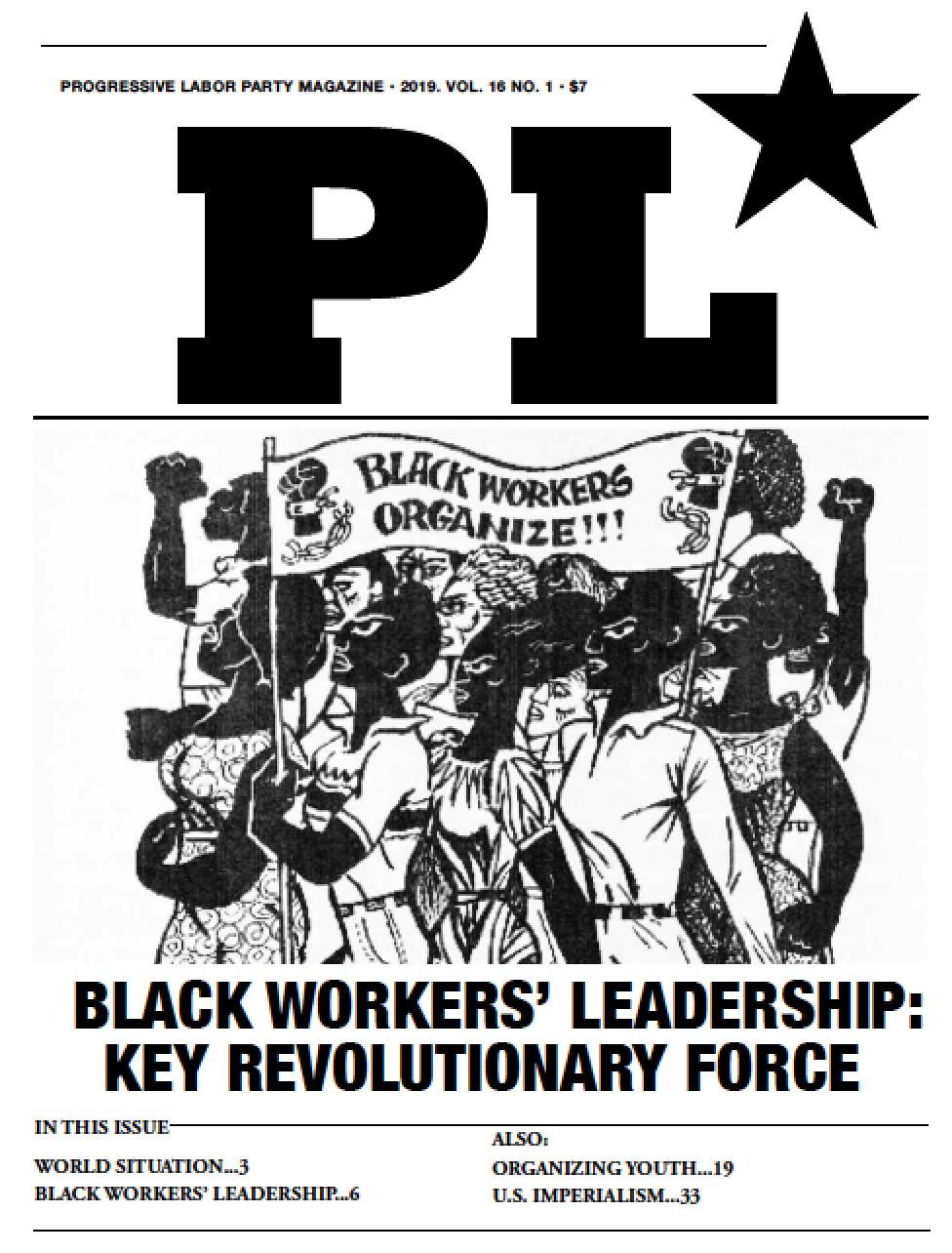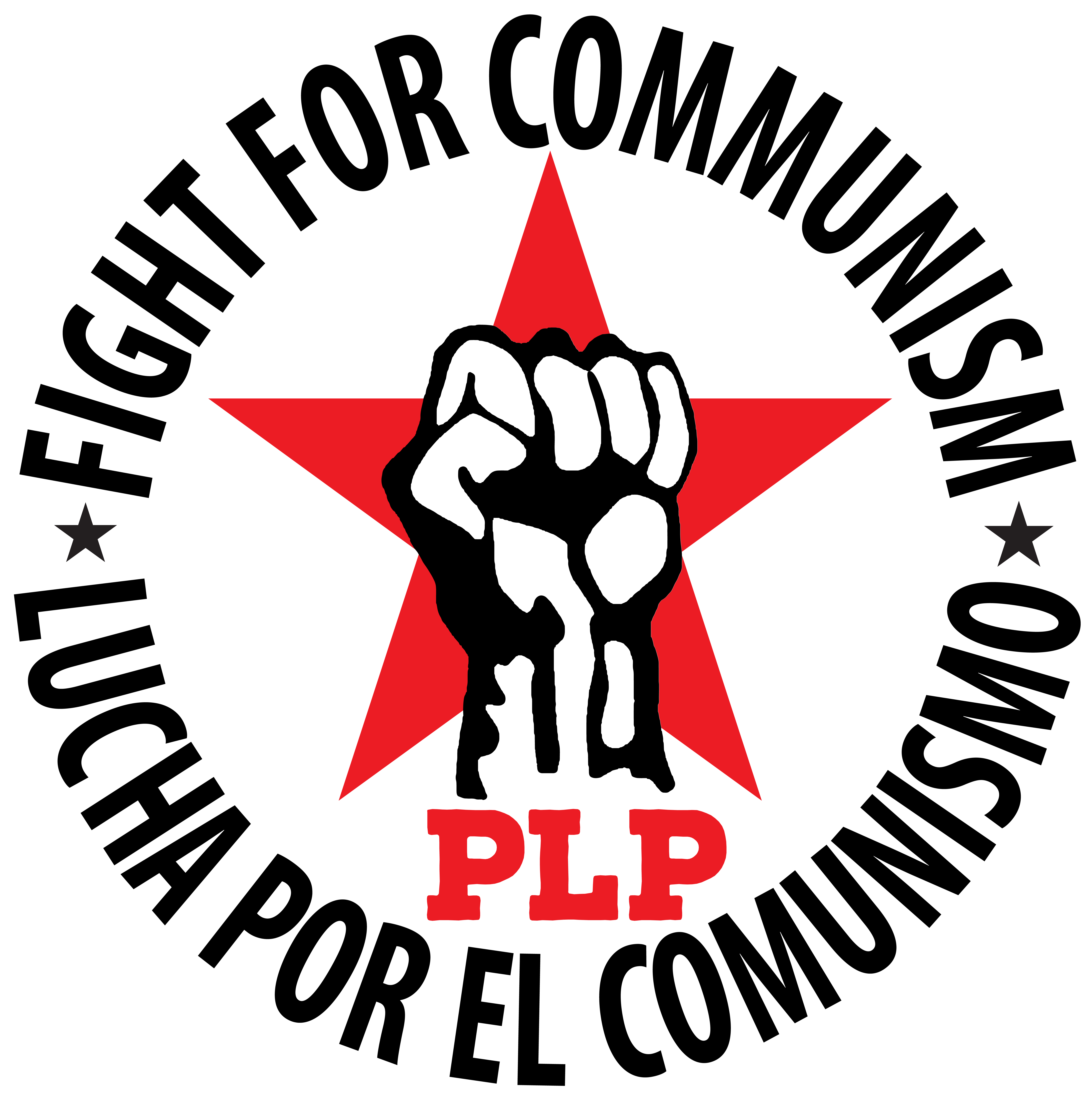Black communists in the Spanish Civil War Eluard Luchelle McDaniels, working-class hero
 Saturday, April 2, 2022 at 4:49PM
Saturday, April 2, 2022 at 4:49PM This is part four of a series about Black communists in the Spanish Civil War. In the early 1930s the urban bourgeoisie (capitalists) of Spain, supported by most workers and many peasants, overthrew the violent, repressive monarchy to form a republic. In July 1936 the Spanish army, eventually commanded by Francisco Franco, later the fascist dictator, rebelled to re-establish the repressive monarchy. Hitler’s Germany and Mussolini’s Italy gave Franco massive military aid.
In 1936 the International Communist Movement, called the Comintern, headquartered in the Soviet Union and led by Joseph Stalin, organized volunteers, mainly workers from more than 60 countries into the International Brigades (IBs) to go to Spain to defend the Republic. But, in defending the Republic, they were defending capitalists. This was part of the united front against fascism, where communists united with so-called liberal capitalists against the fascist capitalists.
In the Progressive Labor Party we are against any unity with capitalists. They all have to go and the working class must rule: that’s communism.
If the working class is to seize and hold state power throughout the world, Black workers and their leadership is essential. Our class cannot destroy racism—the lifeblood of capitalism—without their leadership. The following continues that story:
Eluard Luchelle McDaniels was born in Mississippi in 1912. Escaping an abusive household, he left home and headed west to California to complete high school there and later study art at San Francisco State College. The social connections that McDaniels was able to develop with politicized artists soon led him to the labor movement and the Communist Party, which he joined in 1930.
As workers, none of us are predestined to take on the class struggle and become leaders in the fight against racism, sexism, and fascism. Rather, life under capitalism rains oppression and exploitation on our class and individuals make the choice to join in a collective battle against the bosses. The story of Eluard McDaniels shows how a commitment to the working class and a communist political line positively shape our life experiences towards the path of equality and liberation.
Eluard’s antiracist stance sharpens the class struggle
In 1929, McDaniels traveled to Montgomery, Alabama and New Orleans, Louisiana because he had heard of streetcar strikes over pay increases, better working conditions, and break time. He learned that there was a white headquarters and a Black headquarters, which he recognized as a fatal and flawed strategy that would doom the strike.
According to McDaniels, he approached the white strikers and said, “Negroes across the street and you across over here, and you both striking the same concern… That make no sense.” White workers were receiving 25 to 30 percent more than Black workers, doing practically the same work.
McDaniels was able to utilize an antiracist political line that convinced workers to integrate the strikers and to make sharper demands that would benefit all workers. Eventually, the police ran him out of New Orleans. But the workers won the strike. The police had to fight the white workers to get to McDaniels, who concluded that their unyielding defense was the only reason why the police couldn’t make an example out of him.
Shortly after, as the capitalist world sunk deeper into the misery of the Great Depression, he returned to the South to help organize the Alabama Sharecroppers' Union. He also made a trip to New York to bring the Scottsboro boys (nine Black youth who were falsely accused by racists and sentenced to death) to the Communist Party’s attention.
Around this same time he became involved in the Federal Writers Project of the Works Progress Administration (WPA), writing short stories for a WPA publication. Far from seeing art and literature as things abstract and separate from the class struggle, McDaniels understood culture as a weapon in the hand of the working class to not just reflect but to help shape the struggle against capitalism.
To be antifascist is to be internationalist
As capitalist governments across the globe decayed into fascist dictatorships as a response to the system’s crises, McDaniels was convinced that anti-fascism and anti-racism were one and the same. “I saw the invaders of Spain [were] the same people I’ve been fighting all my life." Historian Peter Carroll quotes McDaniels as saying, "I’ve seen lynching and starvation, and I know my people’s enemies.”
In Spain, McDaniels was assigned to a transport unit as a truck driver. In early 1938 he was transferred as an infantryman to the Canadian Mackenzie-Papineau Battalion and then to the (U.S.) Lincoln-Washington Battalion. Rising to the rank of sergeant he led white troops into battle, while capitalist militaries worldwide were still operating using segregated units.
During the Ebro Offensive, Spanish Loyalist troops (anti-fascist), awed by his skills at tossing grenades, gave McDaniels the nickname "El Fantastico." Wounded in his left leg, he spent the remainder of his time in Spain in hospitals.
A lifelong commitment to revolution
Upon his return to the United States, McDaniels headed for his native Mississippi, where he spoke to integrated audiences. “I told them that we have to stand together and build a human brotherhood and they applauded. It made me happy,” he later said.
McDaniels continued to face and fight racial discrimination. In 1941, he led a protest at a segregated lunch counter in Durban, South Africa. After his return from active service in World War II, he spoke on behalf of the National Union of Marine Cooks and Stewards at the National Convention of Maritime Unions in May 1946, denouncing the anti-union activities of the War Shipping Administration and the Coast Guard.
During the 1960s, McDaniels led protesters to City Hall in Sacramento, California, to protest muddy sidewalks in the all-Black sections of town. Like many other Black veterans, he did not agree with the non-violence of most of the Civil Rights leadership. Since capitalism is a system that is inherently violent towards the working class, we have every right and duty to use revolutionary violence in order to defend ourselves and take state power from the bosses!
McDaniels stayed committed to struggle through the remainder of his years, working in industry until his retirement. He died in San Francisco on December 6, 1985, having left his exceptional mark on the long fight for international working-class liberation.
Sources: Peter Carroll, The Odyssey of the Abraham Lincoln Brigade; David Featherstone, “Black internationalism, international communism and anti-fascist political trajectories: African American volunteers in the Spanish Civil War” (2014); http://narratingmemory.com;http://historynewsnetwork.org; http://alba-valb.org





 Progressive Labor Party (PLP) fights to destroy capitalism and the dictatorship of the capitalist class. We organize workers, soldiers and youth into a revolutionary movement for communism.
Progressive Labor Party (PLP) fights to destroy capitalism and the dictatorship of the capitalist class. We organize workers, soldiers and youth into a revolutionary movement for communism.




Reader Comments